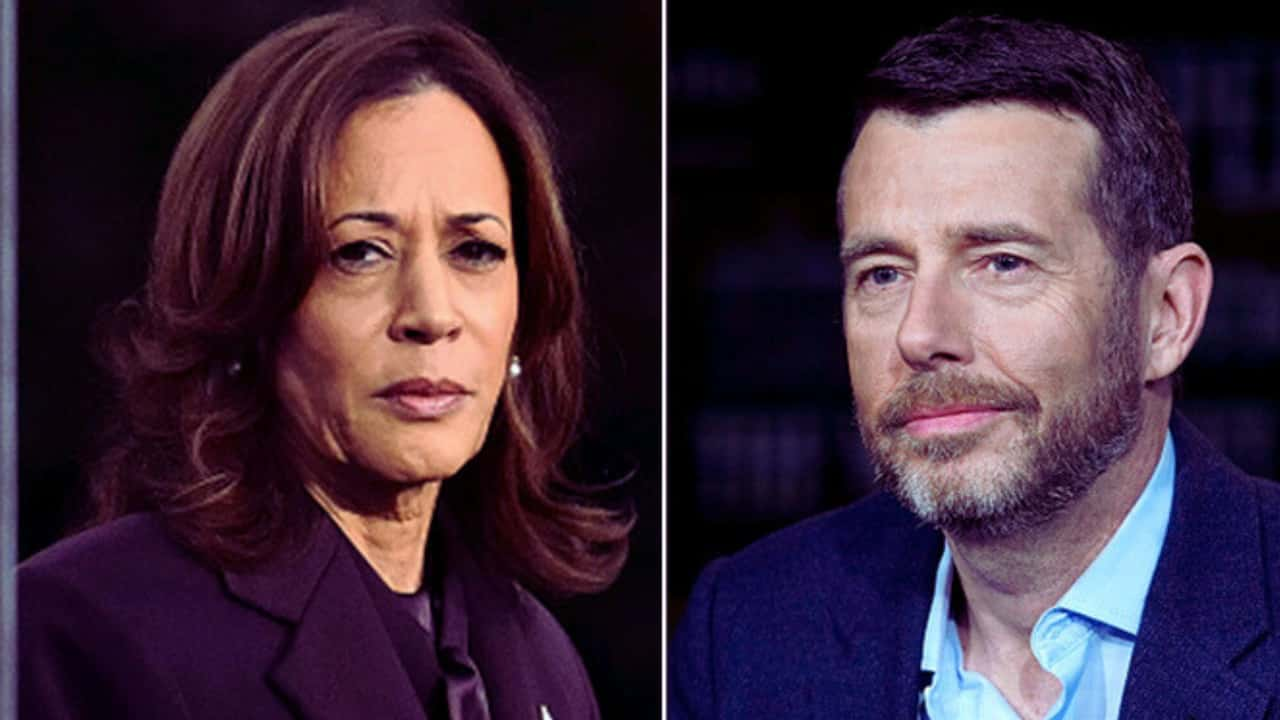Kamala Harris Campaign Faces Criticism and Scrutiny After Election Loss
After Vice President Kamala Harris’s decisive loss to President-elect Donald Trump in the 2024 presidential election, her campaign advisers have come under fire for their recent appearance on the “Pod Save America” podcast. The interview, which aimed to shed light on the campaign’s strategy and challenges, sparked controversy and criticism from various quarters instead.
Internal Polling Revelations
One of the podcast’s most significant revelations was that the Harris campaign’s internal polling never showed her leading Trump in critical states. This admission surprised many, given that public polls in late September and early October had shown Harris with slight leads.
David Plouffe, a senior adviser to the campaign, stated, “We were behind; I mean, I think it surprised people because there were these public polls that came out in late September, early October, showing us with leads that we never saw.”
This disclosure has raised questions about the campaign’s transparency, particularly fundraising efforts. Lindy Li, a DNC National Finance Committee member and Harris campaign fundraiser, expressed shock at this revelation, stating, “That’s not what we were told.
We were told that she had a shot at winning—it wasn’t even a shot. I was even told that Pennsylvania was looking good and that we would win 3-4 swing states.”
Criticism from Nate Silver
Renowned statistician Nate Silver has been particularly vocal in his criticism of the Harris campaign’s post-election narrative. Silver took issue with the campaign’s complaints about a “double standard” in media coverage, arguing that the limited media appearances were a choice made by the campaign itself.
He tweeted, “Harris didn’t do a solo network interview until late September. Who cares? Fine, the networks don’t matter so much. Then, she did a bunch toward the end of the race. But she was legit not doing a lot of traditional media. That was the campaign’s choice, not some conspiracy.”
Silver described the Harris campaign advisers as “the most non-agentic people I’ve encountered in a position of comparable decision-making authority,” suggesting they viewed themselves as “Non-Player Characters with no will of their own.”
Campaign Challenges
The Harris campaign faced several challenges throughout the election cycle:
- Low approval ratings: The campaign acknowledged the impact of President Biden’s low approval ratings on Harris’s numbers.
- Negative economic outlook: The public perception of a failing economy harmed Harris’s chances.
- Shortened campaign: Biden’s late summer withdrawal from the race gave Harris less time to establish her campaign.
- Loyalty to Biden: Harris’s reluctance to distance herself from the administration’s record, even when facing pressure, may have hindered her ability to differentiate herself as a candidate.
Reaction to Campaign Advisers’ Comments
The podcast appearance by Harris’s campaign advisers has been met with widespread criticism and mockery. Many progressives, in particular, have taken issue with David Plouffe’s analysis of what Democrats need to do moving forward, given his central role in Harris’s losing campaign.
Conclusion
As the dust settles on the 2024 presidential election, the Harris campaign’s post-mortem generates controversy. The revelations about internal polling and the campaign’s strategic decisions have raised questions about transparency and effectiveness.
As the Democratic Party looks ahead to future elections, the lessons learned from this campaign will likely significantly shape its approach to voter outreach, media engagement, and campaign strategy.
